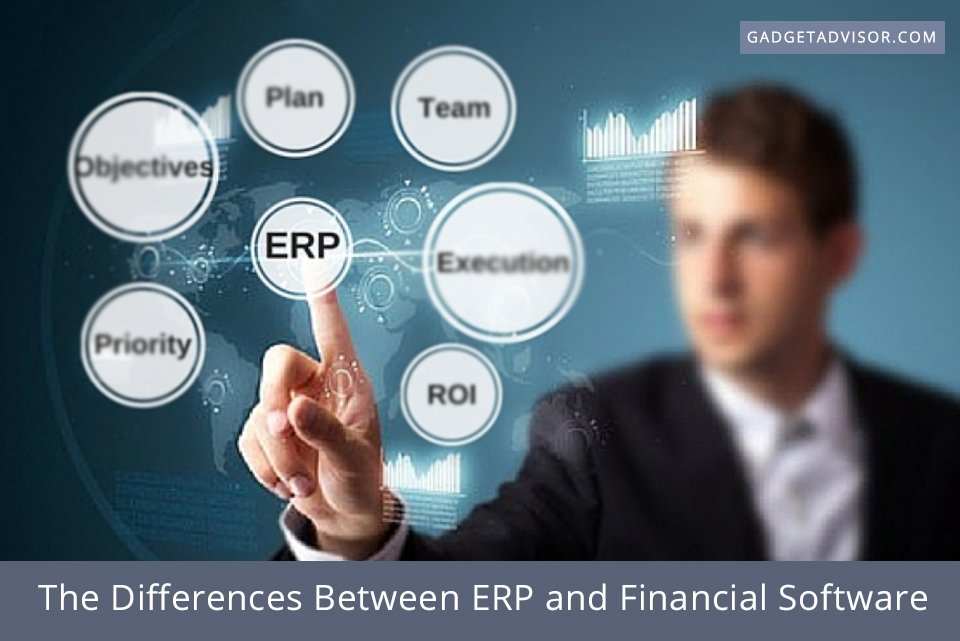Many professionals have grown accustomed to using financial software over the years—especially accountants and those who work in financial services. While financial software may be effective at handling certain tasks, it simply cannot compete with enterprise resource planning (ERP) software as a full package. There’s plenty of overlap between the two, but ERP and financial software actually differ quite a bit from one another.
Trying to choose between ERP and financial software, yet don’t know where to start? Here are a handful of differences between the two that will help you formulate a decision.
Functionality
At the core of every type of software should be strong aspects of functionality. With accounting software, the focus is on accounting-related processes—think financial data, invoicing etc. ERP finance software, on the other hand, takes these features and builds upon them, incorporating functions like human resources, sales & distribution management, inventory overview and more to create a full-fledged suite that can be used at the enterprise level. The functionality associated with ERP software is hands-down more robust than what most people are used to from using accounting software—ERP software is a more versatile solution in every way.
Scalability
One of the most obvious benefits of ERP software is just how scalable it is. If you’re operating with a staff of just a few people (or even just yourself!), you may be able to get by with basic financial software. Once the business begins to grow, however, scalability becomes one of the most important things you can focus on having as part of a software suite. ERP software is extremely scalable, as it grows across all verticals (marketing, HR etc.) instead of placing focus only on financial-related aspects of daily business. If scalability matters to you (and it should), ERP software is going to be a much better option than generic financial software.
Ability to Analyze Trends
Financial software can certainly be useful when it comes to analyzing trends in data, and useful information can be gleaned from this process. That being said, you’ll only be getting a small piece of the picture if all you’re seeing is finance-related data. This doesn’t take into consideration trends that can be found in customer relationships, inventory management or other factors that certainly shouldn’t go overlooked. On the other hand, ERP software offers the user a high-level glimpse of all these things and more, thus allowing for a much more thorough approach to analytics.
Cloud Access & Collaboration
Many companies that utilize financial software to address day-to-day responsibilities find themselves tethered to localized access. If staff members aren’t in the office, chances are they won’t be able to access and edit data on the fly. Cloud computing, of course, is the solution to this almost antiquated problem, and ERP software makes great usage of the cloud to offer accessibility from anywhere with an Internet connection. Naturally, this creates a wealth of opportunities for collaboration, which can help to create great new ideas, improve productivity and more.
As you can see, ERP software solutions tend to be much more effective than financial software for businesses both small and large. After all, ERPs aren’t just for manufacturing companies looking to manage supply chains—they can be extremely beneficial for companies across every industry. If you’re interested in making the transition from financial software to a robust ERP, there’s no better time than right now to get started.

